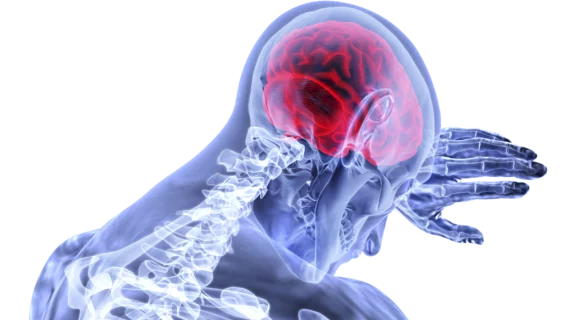COVID-19 is an independent risk factor for acute ischemic stroke, radiologists assert
The novel coronavirus is “significantly” associated with strokes and physicians should subject such patients to more aggressive monitoring to spot these interruptions of blood flow to the brain.
That’s according to a new radiologist-led analysis of more than 123 patients who presented at six New York City hospitals for suspicion of stroke during the pandemic, published in the American Journal of Neuroradiology.
“This is the first major peer-reviewed study to show that COVID-19 infection is a risk factor for acute strokes,” lead author Puneet Belani, MD, an assistant professor of radiology and neurosurgery at the Icahn School of Medicine at Mount Sinai, said in a statement. “Patients with COVID-19 should be evaluated early for acute neurological changes and timely workup should be performed in patients suspected to have stroke to reduce morbidity and mortality,” he added later.
To reach their conclusions, Belani and colleagues conducted a retrospective, case-control study of 41 patients who were confirmed to have stroke through imaging. They compared those up against 82 control subjects who underwent the same testing, without evidence of acute infarction.
Belani and colleagues found that of those with acute ischemic stroke, more than 46% had a COVID-19 infection compared to just 18% in the control group. When adjusting for age, sex and other risk factors, the novel coronavirus had a “significant” independent association with acute ischemic stroke, the team concluded.
You can read more of their analysis for free in AJNR here.

